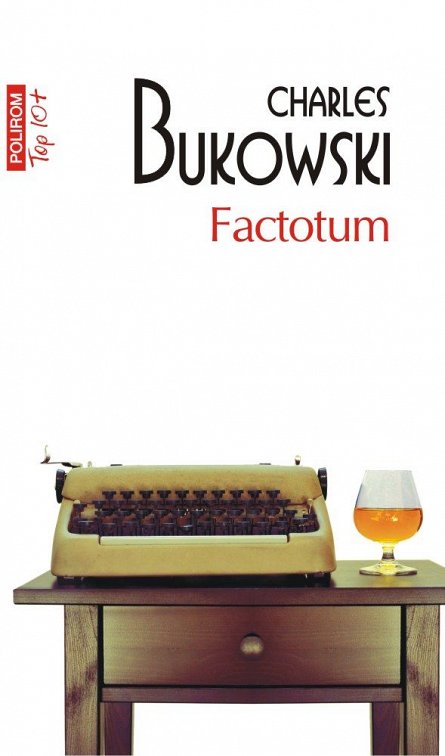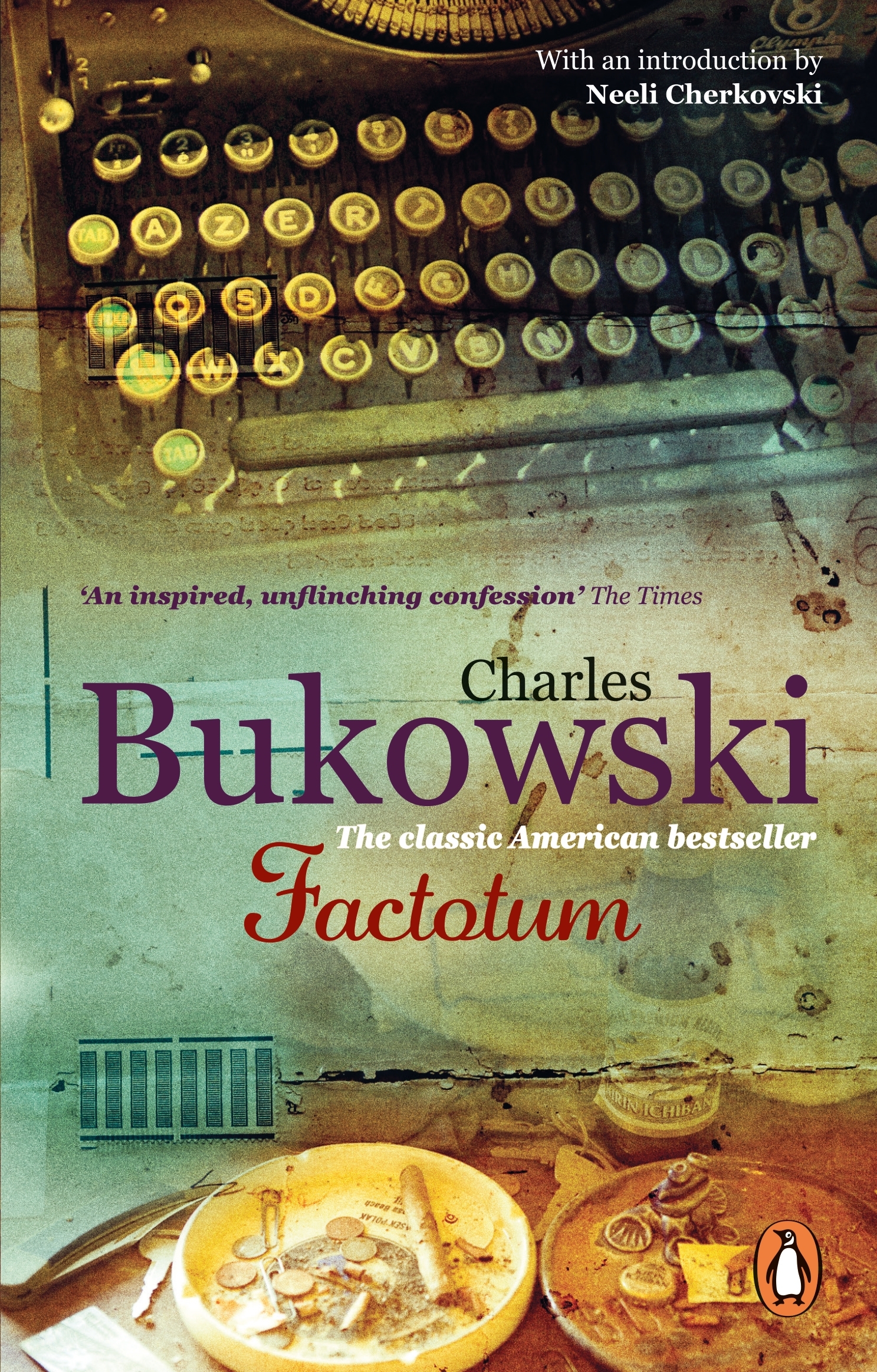

I told Jan about it the next morning before I went to work.

I vaguely remembered some unusual activity that evening after I went home but it was unclear. One Sunday after a hard night’s drinking the bottle got to me I blacked-out.

Sundays were the best because I was alone and soon I began to take a pint of whiskey to work with me. Other times, Bukowski's honesty hurts to read, like when he lands an easy job, “And you don’t have any money? Or anything to drink?” “An apartment, two or three days left on the rent.” Then I told the lady, “That drink was it. This often-quoted passage from Factotum is a staple of Bukowski’s unnatural dialogue style and humor that gives every character the same voice, easily evidenced by many discussions in the book,

“Everything? You mean, for instance, it’s about cancer?” “I’m a writer temporarily down on my inspiration.” This trait readily appears in Factotum’s flat dialogue that begs not to be believed while simultaneously entertaining, Whatever the reasoning, the readers confound when seeking meaning, epitomizing Bukowski as the unreliable narrator whose authenticity we constantly question. Bukowski’s life bleeds into his fiction, explaining the difficulty separating writer from character, yet he did create the character, perhaps to denote the fictional nature of the portrayed life or to obfuscate reality, maybe both. (A confusion illustrated by my unintended use of “Bukowski” in place of the protagonist's name “Henry Chinaski”). Bukowski's end and Henry Chinaski's beginning become indistinguishable to many readers. The struggle for Factotum’s meaningfulness begins with the author. Factotum’s winding path through drinking, sex, and jobs, ladened with easy judgments, snares many critics in the literary merit debate. My editor friend says Charles Bukowski is an easy target for haters, and I agree after reading some of the approximate 70,000 Goodreads’ comments and reviews characterizing Factotum as “smut,” “misogynistic,” or “the writing of a nasty drunk.” I cannot deny these descriptors, but even positive reviews often erroneously depict Bukowski as a rebel or nonconformist hero who relentlessly pursues booze and sex while rejecting work.


 0 kommentar(er)
0 kommentar(er)
